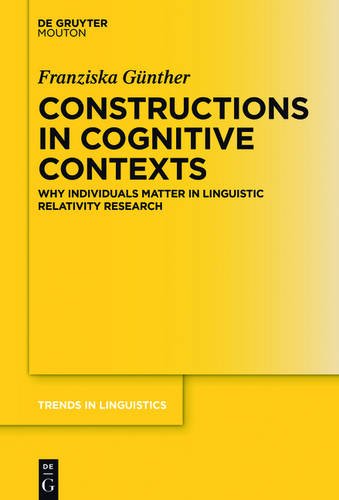

Most ebook files are in PDF format, so you can easily read them using various software such as Foxit Reader or directly on the Google Chrome browser.
Some ebook files are released by publishers in other formats such as .awz, .mobi, .epub, .fb2, etc. You may need to install specific software to read these formats on mobile/PC, such as Calibre.
Please read the tutorial at this link: https://ebookbell.com/faq
We offer FREE conversion to the popular formats you request; however, this may take some time. Therefore, right after payment, please email us, and we will try to provide the service as quickly as possible.
For some exceptional file formats or broken links (if any), please refrain from opening any disputes. Instead, email us first, and we will try to assist within a maximum of 6 hours.
EbookBell Team

0.0
0 reviewsIn what ways are language, cognition and perception interrelated? Do they influence each other? This book casts a fresh light on these questions by putting individual speakers cognitive contexts, i.e. their usage-preferences and entrenched patterns of linguistic knowledge, into the focus of investigation.
It presents findings from original experimental research on spatial language use which indicate that these individual-specific factors indeed play a central role in determining whether or not differences in the current and/or habitual linguistic behaviour of speakers of German and English are systematically correlated with differences in non-linguistic behaviour (visual attention allocation to and memory for spatial referent scenes).
These findings form the basis of a new, speaker-focused usage-based model of linguistic relativity, which defines language-perception/cognition effects as a phenomenon which primarily occurs within individual speakers rather than between speakers or speech communities.